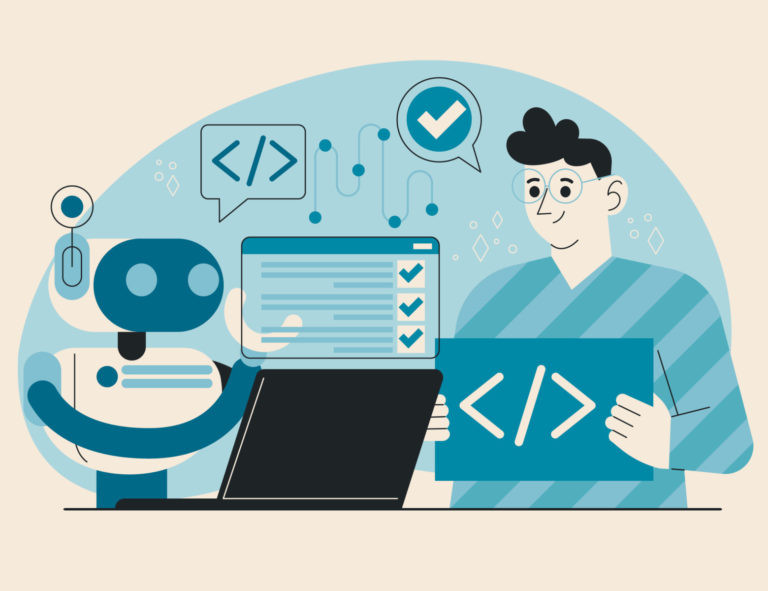AI and the Future of Work: Navigating Impacts and Embracing Opportunities
AI and the Future of Work: Navigating Impacts and Embracing Opportunities
16 June 2023
AI is revolutionizing the way we work, with profound implications for the future of employment. As AI technologies continue to advance, concerns about job displacement have emerged. However, it is crucial to acknowledge that AI also presents a multitude of opportunities for collaboration, augmentation, and the creation of new job roles. This article explores the impacts of AI on the future of work and how individuals and organizations can seize the opportunities it offers.
Understanding the Impact
- Automation of Routine Tasks: AI has the potential to automate repetitive and mundane tasks, freeing up human workers to focus on more complex and creative endeavors. This automation can enhance efficiency and productivity across various industries.
- Augmentation of Human Skills: Rather than replacing humans, AI can augment their capabilities. By leveraging AI tools and technologies, workers can enhance their decision-making, problem-solving, and data analysis skills, leading to more effective outcomes.
- Job Transformation: AI may lead to the transformation of existing job roles rather than their complete elimination. Certain tasks within a job may become automated, requiring workers to upskill or reskill to adapt to the evolving landscape. This transformation can pave the way for new and more fulfilling roles.
Opportunities for Workers and Organizations
- Upskilling and Reskilling: To thrive in an AI-driven future, individuals need to continuously develop their skills. Upskilling and reskilling programs can assist workers in adapting to the changing demands of the job market and acquiring new competencies required to collaborate with AI systems.
- Collaborative Intelligence: Combining human expertise with AI capabilities can yield powerful outcomes. Embracing collaborative intelligence allows humans and AI systems to work together, leveraging their respective strengths to achieve higher levels of productivity and innovation.
- New Job Roles and Industries: The rise of AI opens up new job opportunities in emerging industries such as AI development, data science, and machine learning. By staying updated on AI trends and acquiring relevant skills, individuals can position themselves for these new and exciting roles.
- Ethical and Responsible AI Implementation: As AI becomes more prevalent, ethical guidelines and responsible implementation are crucial. Professionals with expertise in AI ethics and governance will be in high demand to ensure AI systems are developed and utilized in a responsible and accountable manner.
Conclusion
AI technology holds the potential to impact the future of work; however, it is not inherently a threat to human employment. By understanding the potential impacts and embracing the opportunities presented by AI, workers and organizations can navigate the evolving landscape and thrive. Through upskilling, collaboration, and responsible implementation, we can shape a future where humans and AI systems work hand in hand to achieve greater productivity, innovation, and economic prosperity.


